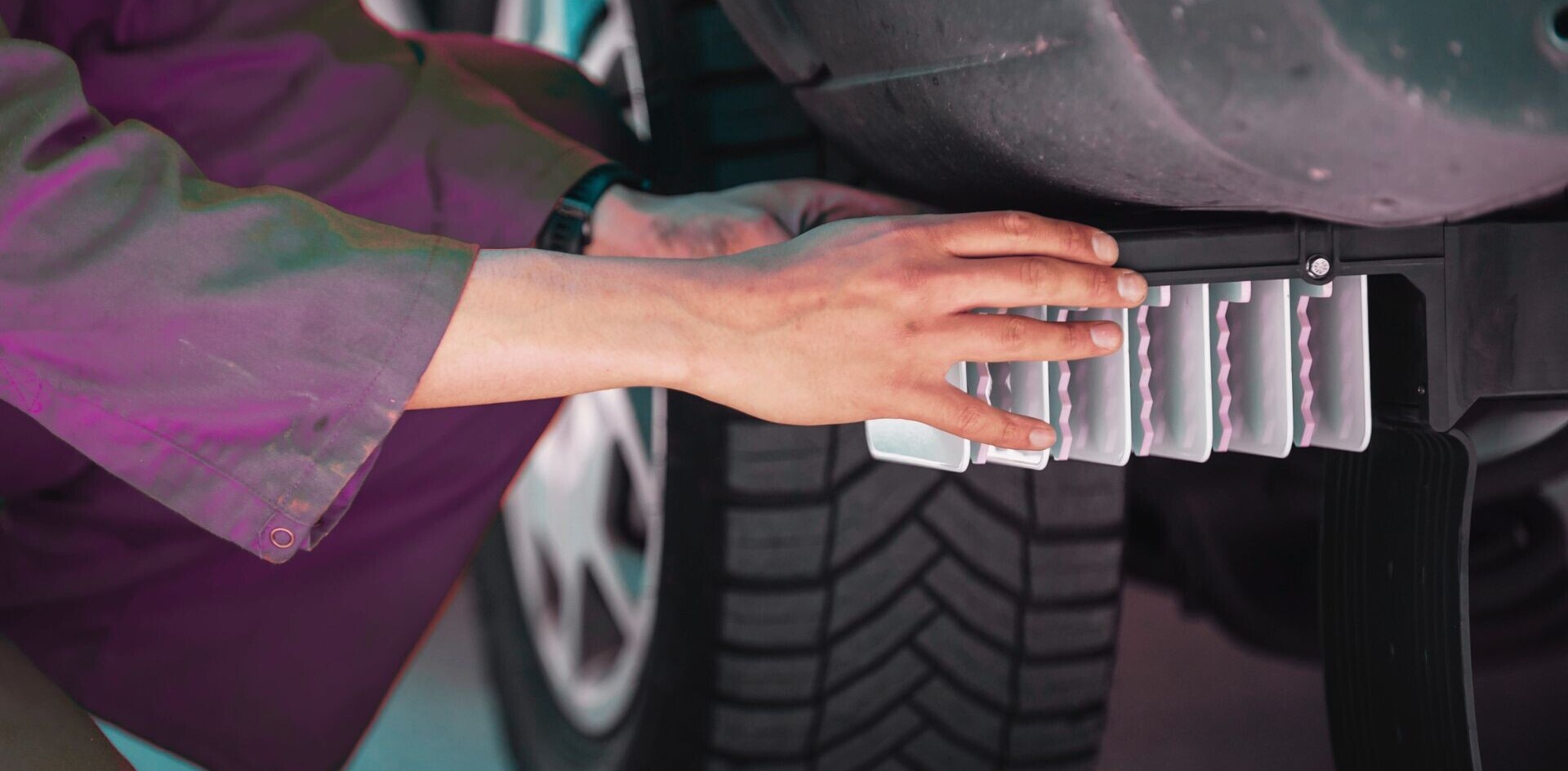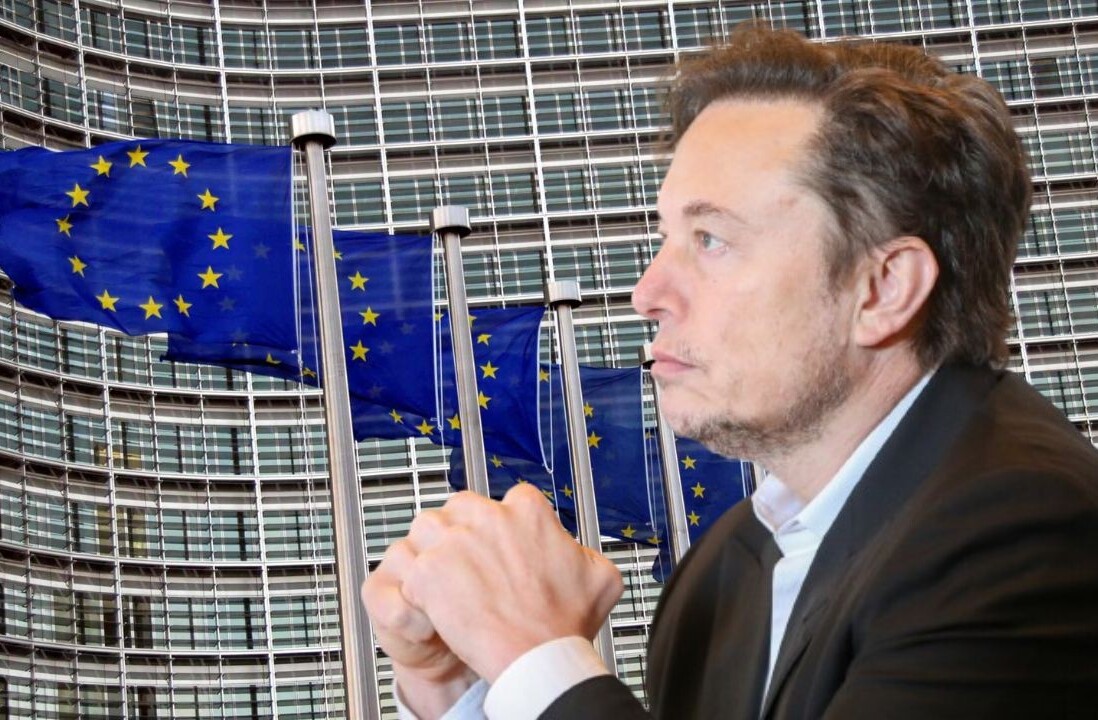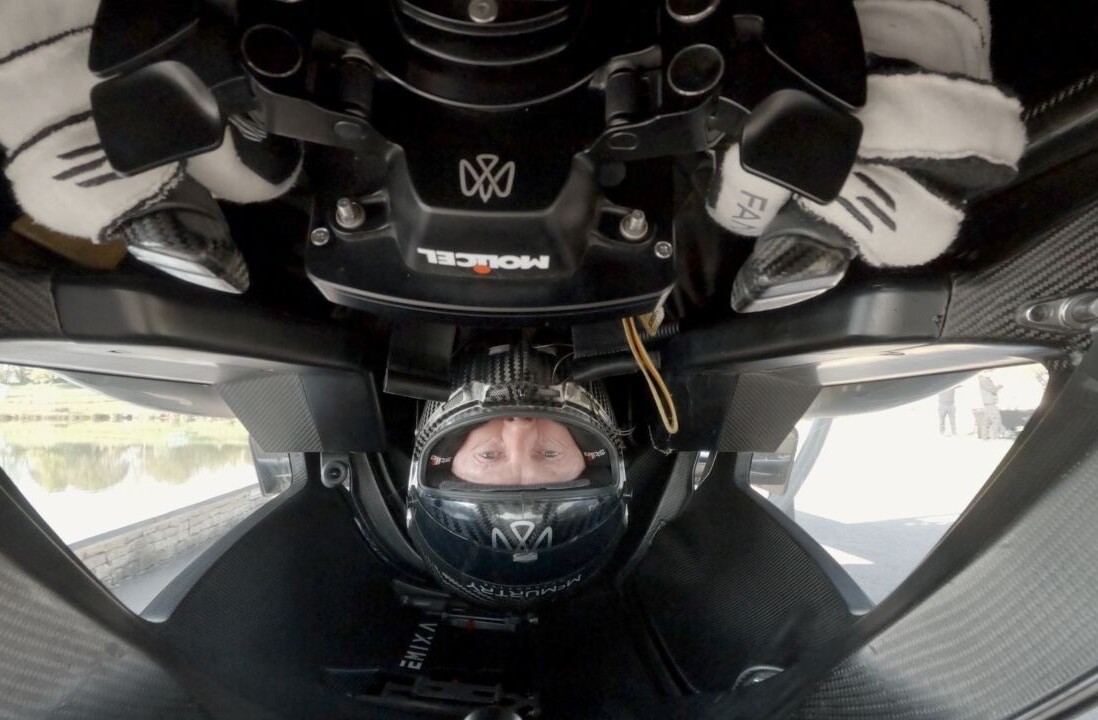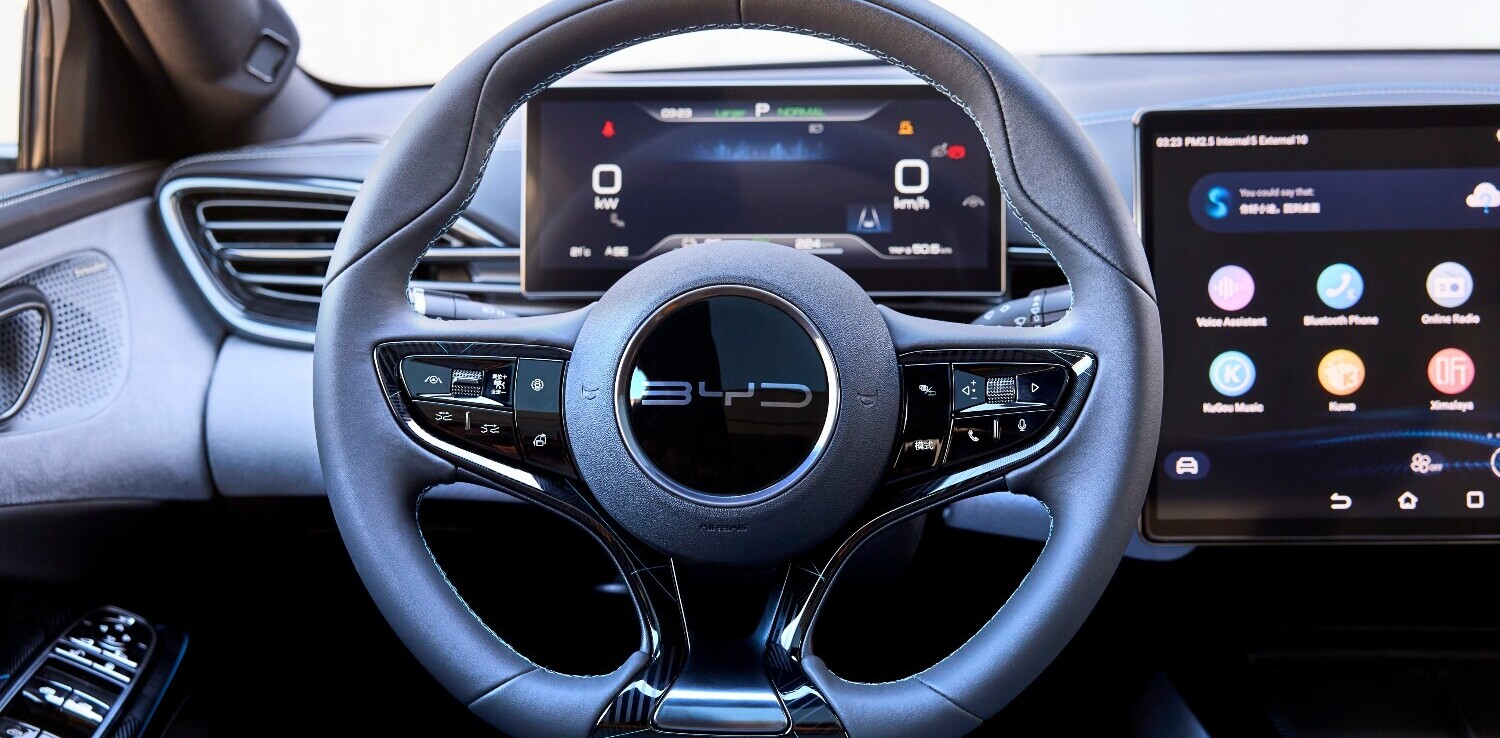
It’s that time again, the UN conference on climate change COP26, is on again in Glasgow.
Attendees arrive by train, ride in double-decker electric buses, and receive escort by police riding modified electric Harley-Davidson LiveWire motorcycles. But don’t get too excited — those motorbikes are loaners only.
Let’s talk about the big fat elephant in the room at COP26 – transport and specifically the energy that powers transport and how one country has managed to fuck things up so spectacularly — Australia.

Australia: The embarrassment of COP26
I’m going to tell you a bit about Australia, my country of birth.
Australia is the world’s fourth-largest producer of coal. It’s also the world’s largest coal exporter and second-largest gas exporter, exporting 80% of its coal to other countries.

But every year, Australia is subject to significant drought, rising temperatures, devastating bushfires, and floods. There was a mouse plague this year if you want to get biblical.
You’d think with this kind of landscape sustainability would be a pretty big priority.
Instead, we have a federal government led by Prime Minister Morrison, who in 2017 took a lump of coal to parliament.
The United Nations Sustainable Development Report 2021 positions Australia as having done the least out of 193 countries to combat climate change.
Anyone thinking the Australian government (who has had seven Prime Ministers in 10 years) has any real will to act is sadly deluded. The sponsor for the Australian booth at COP26 is a gas company — you can’t make this stuff up!
Day 3 of #COP26 and the @SantosLtd display at the Australia pavilion has suddenly been removed.
Turns out being sponsored by the gas industry isn’t as cool as @AngusTaylorMP @ScottMorrisonMP thought. #auspol pic.twitter.com/5S97Ja7RSM
— Michael Poland (@michaelpoland_) November 3, 2021
Like with any gathering of politicians, there’s plenty of sleeping on the job.
Guess the speaker#COP26 pic.twitter.com/CjwjyfsL7Z
— @SyedYusuf (@Syed_Yusuf_) November 3, 2021
A tax on Electric Vehicle purchases
While countries like Canada, the US, and the UK are subsidizing electric vehicle purchases, the Federal government in Australia has introduced a tax on electric vehicle purchases. Yep, you read that right.
For example, in Victoria, owners of plug-in hybrid vehicle incur a charge for an indexed fee of 2 cents per kilometer. The charge for any other electric vehicles is an indexed fee of 2.5 cents per kilometer.
The argument behind this ludicrous move is that buyers aren’t paying fuel excise (tax from the cost of gas), a small amount of which funds road infrastructure.
It’s like taxing people who give up Coca-Cola for not bringing in income from the sugar lobby. Never mind the other benefits of carbon reduction, like reduced health costs from improved air quality.
If this astonishing move isn’t bad enough, breathe in, it gets worse.
COP this: you can subsidize a gas-guzzling ute
Back in March 2020, the Australian federal government unveiled a stimulus package worth $17.6 billion. Included is the ability to write off the cost of a ute (aka utility truck or pickup truck) up to the top $150,000 threshold value, as long as they have a one-tonne payload or more.

So you can buy a gas-guzzling ute, but have to pay a tax if you buy an electric vehicle. No wonder utes are Australia’s top-selling cars.
This kinda thing passes through parliament using rhetoric about “saving Australian jobs.” But let’s be clear, Australia’s automotive industry started dying decades ago, with the last car made in the country in 2017.
Australia’s top-selling utes aren’t even made in Australia. — I mention this deliberately as the biggest innovation in auto manufacturing in Australia right now are probably the H2X Global powered by hydrogen and the Ace Yewt EV ute. Startups are the creators of these vehicles.

COP26 reveals a pivot intro green hydrogen for Australia’s second-richest man
I’ve long believed auto OEMs and traditional industries can change faster than politicians. An example of a radical industry pivot is Fortescue Future Industries (FFI). FFI is the green arm of Australian coal Fortescue Metals Group. The company’s founder is Australia’s second-richest person, the infamous Andrew “Twiggy” Forrest.
Their focus is green hydrogen and to achieve carbon neutrality by 2030. It’s part of a gradual transition from an iron ore producer to a green renewables and resources company.
Just before COP26, the company shared a deal to become the biggest supplier of green hydrogen to the UK and previously signed an MOU to deliver hydrogen into Japan.
Look, I’m not under any illusion that business tax credits aren’t a heavily contributing factor.I don’t think that we’ll ever see the demise of the parent coal company.
I also would like countries to produce their own green hydrogen rather than importing it. But for a country like Australia that’s so very addicted to coal, it’s a good start.
Get the TNW newsletter
Get the most important tech news in your inbox each week.





